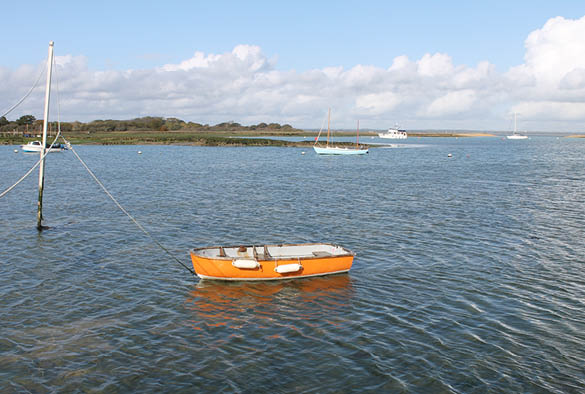
Professor Valsamis Mitsilegas participated as a speaker at the UK-France Sea Crossing Forum, hosted by the British Embassy in Paris on 7 November. The closed-door seminar brought together academics, NGOs, civil servants, and policy makers from the UK and France to discuss policy responses addressing the linkages between migration and crime in the context of small boat flows.
Existing Government responses to address small boat arrivals in the UK have primarily focussed on deterrence and physical enforcement. Enforcement strategies have included operational cooperation with France and with Albania. Deterrence policies have included policies to reduce the rights of asylum seekers after they arrive, most recently through the Illegal Migration Bill which aims to prevent people who enter through irregular routes from receiving an asylum decision; as well as an agreement with Rwanda to relocate asylum seekers there, which has now been ruled unlawful by the Supreme Court.
Previous civil society proposals have focussed on providing ‘safe and legal routes’ for people to claim asylum, so they do not have to make dangerous crossings by boat. For example, these have included expanding or creating new refugee resettlement, expanding visa routes for refugees to join family members in the UK, providing additional humanitarian visas, or creating an option to apply for asylum from overseas. According to research from the IPPR, two-thirds of small boat channel crossings would result in their asylum claims being accepted, if they were processed.
This seminar aimed to provide a number of policy recommendations on cooperation between the UK and France in the field of migration, which will be developed from the workshop discussions.
Professor Valsamis Mitsilegas is well placed to provide expertise in this area, as a Professor of European and Global Law, as well as Dean of the School of Law and Social Justice. Valsamis’ research explores the development of and intersection between European and Global Law and their impact on human rights, justice and the rule of law.
Well-known for leading in the establishment of European Criminal Law as a distinct academic field, Professor Mitsilegas has also produced cutting-edge research in the fields of immigration, asylum, and borders (including the criminalisation and securitisation of migration), security and human rights (including surveillance, privacy and the rule of law) and transnational and economic criminal law (including the emergence of a multi-level regime against organised crime and money laundering).